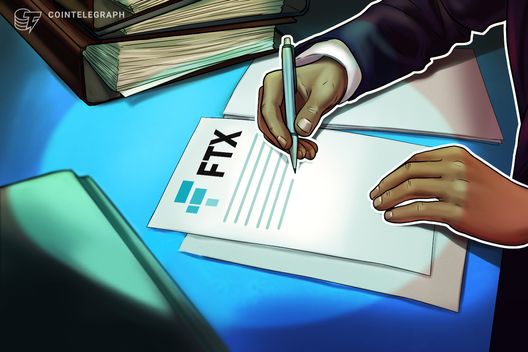Bond lawyers zero in on Congress
3 min read

NABL
With the threat to the muni bond tax exemption temporarily minimized, bond lawyers and lobbyists are looking forward to attaching tax provisions to upcoming surface transportation reauthorization.
“This is Department of Transportation programs for the most part, but there will be a tax title in there,” said Brian Egan, chief policy officer, National Association of Bond Lawyers. “I believe the gas and the diesel tax have to be reauthorized.”
“I think there’s a logical argument for pro-infrastructure financing tools via the tax code to hitch a ride on such a bill.”
The wish list includes removing the cap on bank-qualified bonds and restoring the advance refunding of tax-exempt bonds, a practice that was lost in the 2017 Tax Cuts and Jobs Act during the first Trump Administration.
“They help build roads, they help build transit systems, they help build surface transportation and expanding them creates more tools for state and local governments who finance the lion’s share of surface transportation,” said Egan.
The House Committee on Transportation and Infrastructure serves as the nexus for attaching any riders.
“Sam Graves, the Chairman, is a proponent of bonds,” said Brett Bolton, the vice president of federal legislative & regulatory policy for the Bond Dealers of America.
“I view that as a positive. If that’s brought up in the conversation, it could be a logical landing place for advance refunding. I don’t know how deep they are in the conversations at this point, but it’s an avenue we’re pursuing.”
The House T&I Committee could also play a role in hiking the amount of funding available through the Qualified Highway or Surface Freight Transportation Facilities fund, which relies on private activity bonds.
The fund, which flows through the Federal Highway Administration was boosted from $15 billion to $30 billion by the Infrastructure Investment and Jobs Act.
“We are getting to $29 billion of that $30 billion being consumed,” said Egan. “A lot of NABL members tracking closely to get that raised to $45 billion or maybe higher.”
Congress is currently staring at September 30 as the due date for completing the budget appropriations process, a notion that is fading into the rearview mirror.
According to sources on Capitol Hill, “they have completely given up on passing 12 different appropriations bills, they are focusing on a continuing resolution.”
“My understanding is there will be some kind of short-term stop gap funding bill till November, and then you’re looking at a longer-term CR,” said Bolton. He sees the CR stretching out to the midterms and possibly into a lame duck session of Congress.
Bolton is also eyeing the potential return of waiving the Pay As You Go budget rule. PAYGO tracks budget increases and if found, subjects them to budget sequestration which affects government subsidies paid to dwindling numbers of Build America Bond issuers.
Congress can waive PAYGO via a vote, but it’s viewed as a way to reduce budget deficits.
“I know conservatives are looking to cut more sending as I think a good portion of them feel like they got a raw deal on the last tax negotiation,” said Bolton. “That’s definitely high on our radar.”







